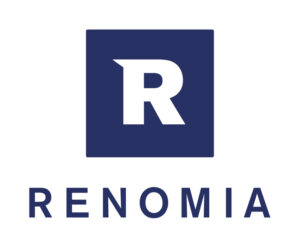From the 1st of January, 2024 a new Government Decree on the detailed rules of environmental insurance related to waste management entered into force in Hungary – under the number of 681/2023. (XII. 29.) -, which establishes an obligation for both waste managing and waste producing companies to obtain a proper environmental liability insurance coverage, otherwise they could be a subject to penalty.
According to the Decree, environmental insurance is an insurance product that serves to finance the mitigation of unforeseen environmental damages related to the waste management or waste producing activities.
In line with the Waste Act, the scope of the regulation not only includes enterprises that manage, but also those that produce waste during their activities, in case the volume of generated waste on their premises exceeds:
- 200 kg of hazardous waste/year or
- 2000 kg of non-hazardous waste/year or
- 5000 kg of construction and demolition waste/year.
Experts point out, that even larger households can generate 38-40 kilograms of waste weekly, so the amount above is easily achiavable even for smaller businesses.
Basically, an environmental pollution liability (EIL) coverage must be set up and extended with the coverage of caused biodiversity damages and continuous pollution with a minimum limit of HUF 10 Million (approx. EUR 28,000)/each loss and in all.
The insurance premium depends on various factors, such as the nature and size of the business or the degree of hazardousness of the waste.
It is also important to note that the new regulation does not provide a grace period, but it is possible to acquire a retroactive coverage provided by the insurance companies.
The retroactive date should be 1st January 2024.
The environmental liability insurances previously available on the market typically do not comply with the new regulations, therefore it is vital to review the existing policies to assure being in line with the provisions. Basically, regarding waste production, an environmental pollution liability (EIL) coverage must be set up and extended with the coverage of caused biodiversity damages/continuous pollution.
A proper environmental insurance cover is fully available from the local market, however if a local admitted liability program policy is endorsed with environmental pollution liability (which is also extended with the caused biodiversity damages/continuous pollution), this set-up can be approved also.
The key problematic point of international liability programs is, that the majority of FOS and/or local-admitted liability policies include an exclusion of any legal liability for which a compulsory insurance is locally required.
Therefore we do recommend to place these risks via a standalone local policy on the Hungarian insurance market.
Budapest, 17.01.2024
Prepared by Jozsef Hegyi / Director of international business at RENOMIA Hungary

